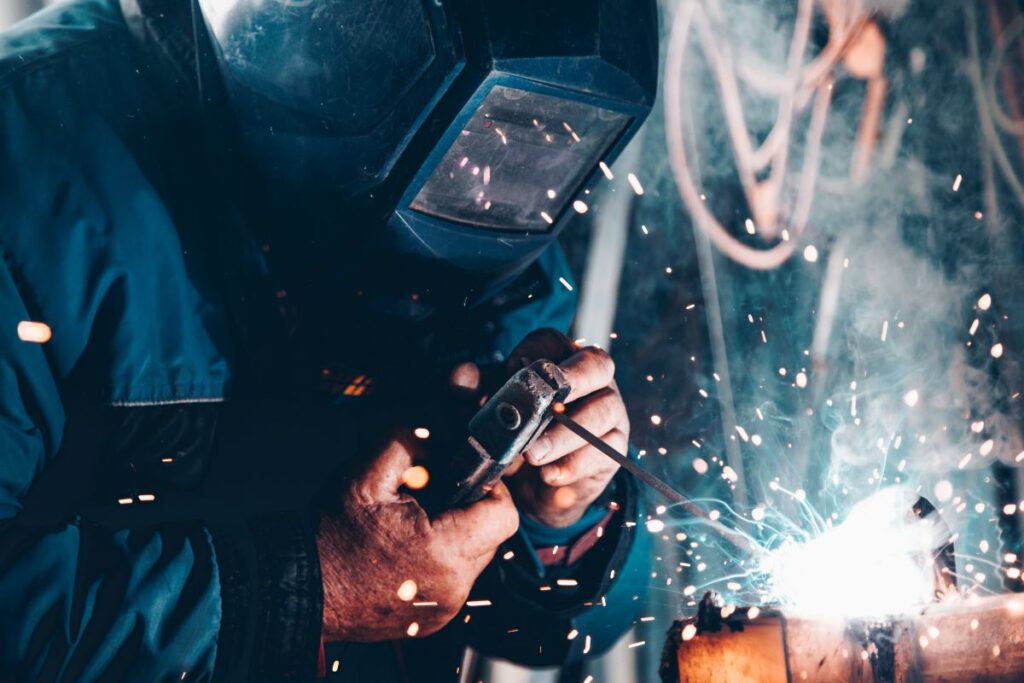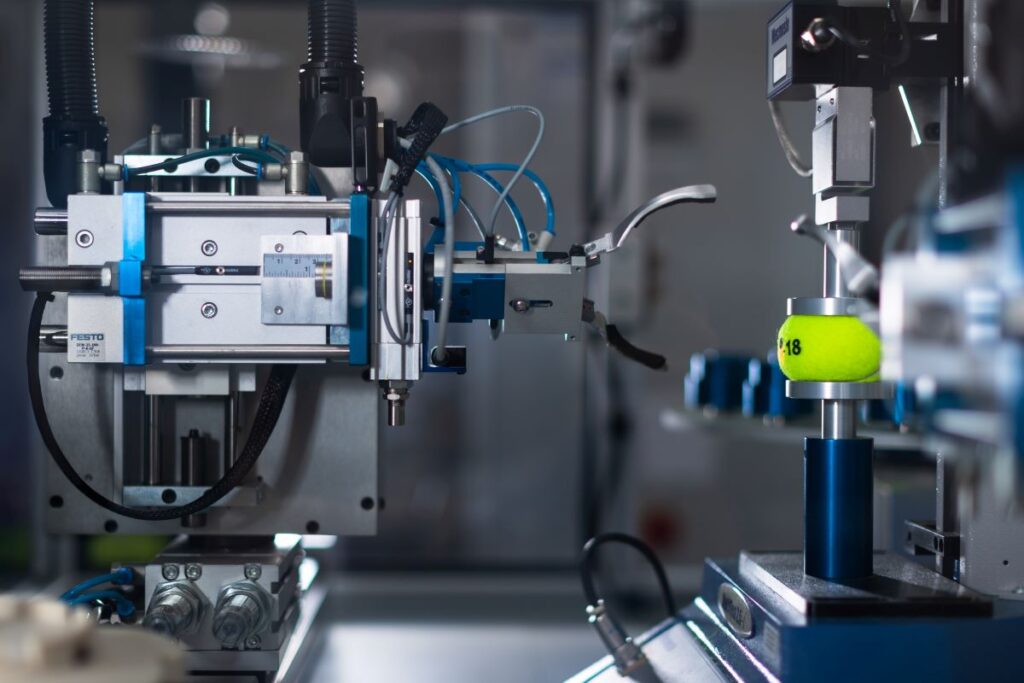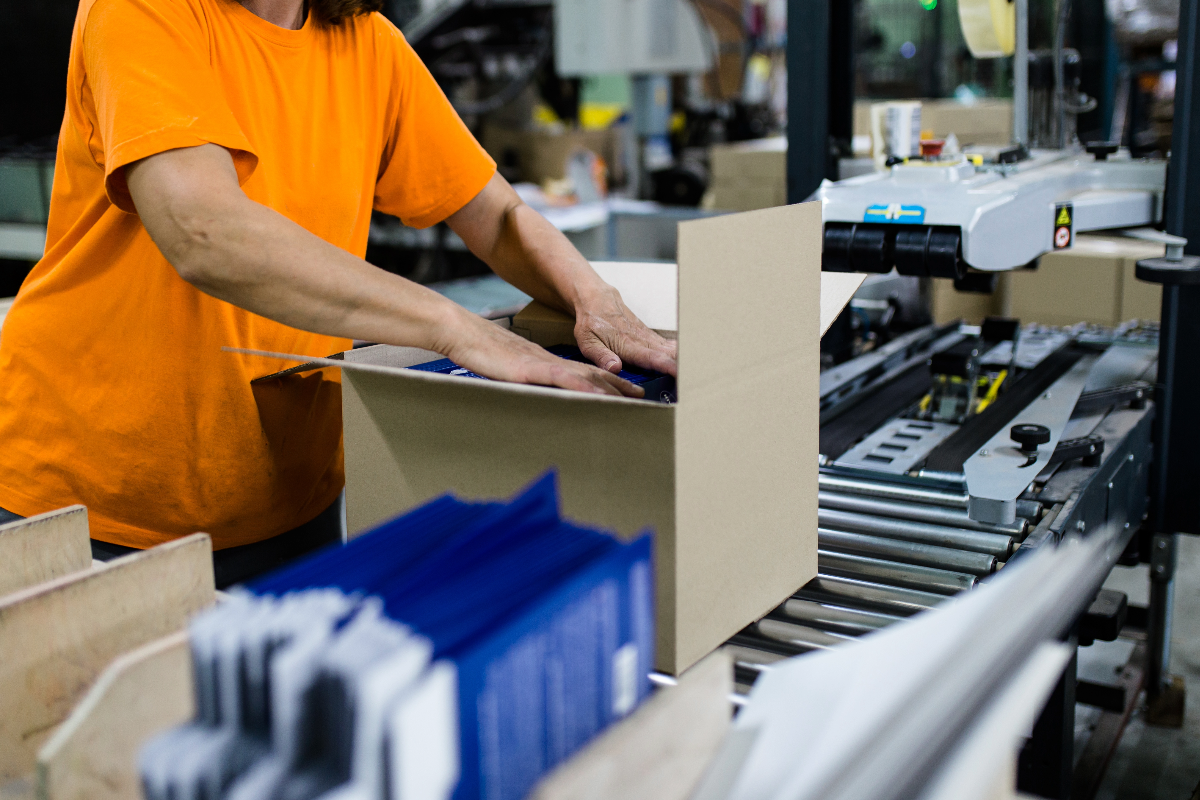BLOG
Engineering waste: What is it and how to dispose of it?

Waste from engineering can be potentially hazardous so it’s important the waste is disposed of correctly. Here’s our guide to engineering waste and how you can ensure your site is disposing of it as safely as possible.
What waste is produced in engineering?
In the engineering industry, it’s likely that a lot of hazardous waste is produced. For example, waste oils, contaminated packaging, and solvent waste. Hazardous waste covers anything that has the potential to cause harm to the environment or human life. Therefore, all this hazardous waste needs to be disposed of correctly. According to the 2005 Hazardous Waste Regulations, any company that produces hazardous waste must have it transported to a facility that is authorised for its treatment. This is part of your ‘duty of care’ to ensure that your waste is disposed of correctly.
In addition to the hazardous waste, there’s other waste streams you’re likely to be producing in engineering. For example, metals, plastic packaging, and drums. This waste can all be recycled to help boost your company’s environmental credentials and help preserve resources. Equipment and machinery used in engineering may also mean that your site could be producing WEEE waste too.


How should engineering waste be stored?
It’s important that any hazardous waste your site is producing is stored correctly, before it is collected, to ensure everyone’s safety. It’s a good idea to keep accurate and up-to-date records of the hazardous waste produced so that the volume does not become unmanageable. All containers used to store hazardous engineering waste should be sealable to prevent dangerous leaks, such as IBCs or drums. Small amounts of waste can be stored in a ‘haz box’, a safe and secure box that we can collect and replace with an empty one. Your site should also ensure that any employees that are handling waste are well trained with only authorised and trained personnel allowed access to where your site stores its hazardous waste.
Any non-hazardous engineering waste is much easier for sites to store as it isn’t likely to cause harm to those who encounter it. To make the most of your storage space, you could try using waste equipment for your recyclables. For example, a baler for any cardboard packaging used or a drum press for maximising the amount of metal drums you can store. A compactor may also be useful for your site as they can help maximise the amount of storage your site has by compressing your waste.
How is engineering waste disposed of?
Once your engineering waste has been collected, it will go through different processes to recycle it depending on the waste stream. For hazardous waste, this usually goes through solvent extraction, washing and recycling, or used for waste to energy recovery. This is to ensure that as much of your engineering waste is recycled as possible.
Non-hazardous engineering waste will also be recycled once collected as we aim to send as little to landfill as possible. After collection, your waste will be sent to a Waste Transfer Station to identify any non-recyclable materials. The remaining waste will then be separated into the different waste streams which will then be taken to be reprocessed at the appropriate facility. These materials will then be made into a variety of different items to ensure that the materials can be reused again and again.
If your site is producing WEEE waste, a licenced waste carrier will come and collect any electrical goods you may have. This waste will then be sent to an Authorised Treatment Facility (ATF) where the materials will be disposed of in line with all the relevant guidelines and legislations.
Contact us
Does your site need help creating a full waste management plan for your engineering waste? Our team of dedicated experts can help you find the best solutions for your waste, meeting any sustainability targets or budgets you might have in place. Contact us today to find out more.




